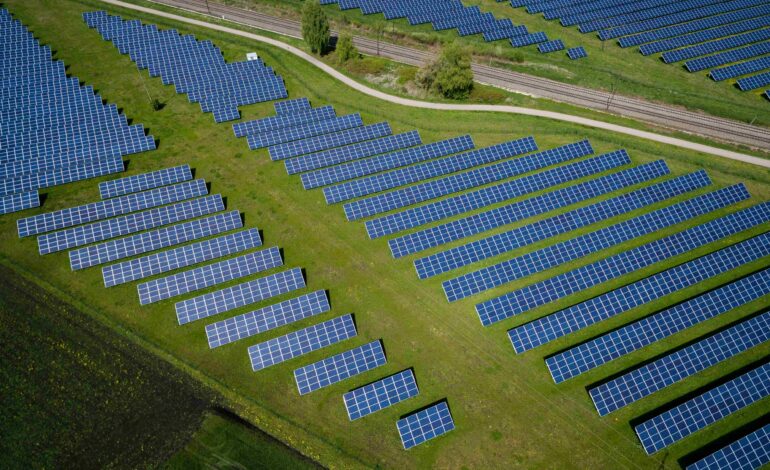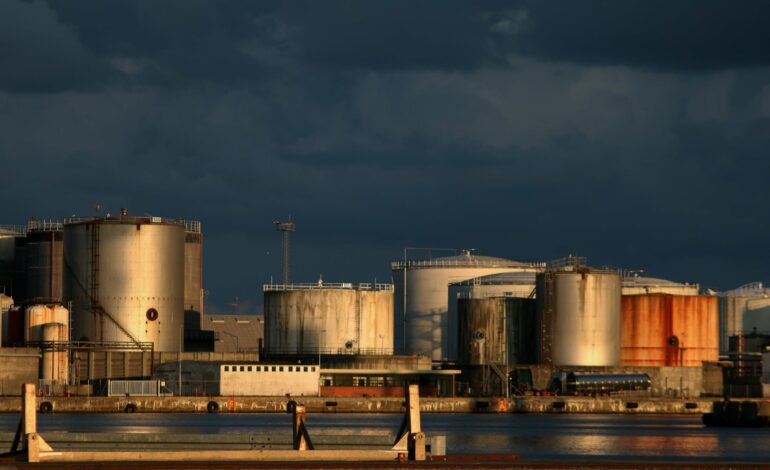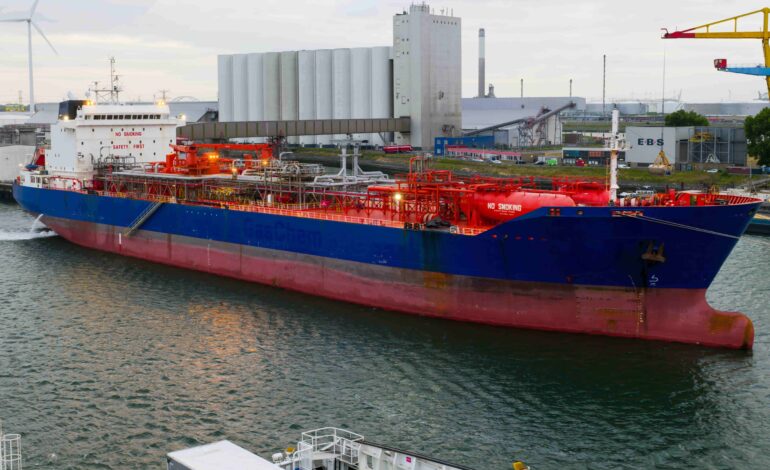
Impact of Renewable Energy Policies on Bunker Fuel Demand
The global shift towards renewable energy is profoundly influencing various industries, including maritime transport. As nations implement policies aimed at reducing carbon emissions and promoting sustainability, the demand for traditional bunker fuels is experiencing substantial transformation. This article examines how renewable energy policies are affecting bunker fuel demand, exploring the factors driving these changes and their implications for the maritime sector.
Global Renewable Energy Policies and Maritime Regulations
- Paris Agreement and IMO Targets: The Paris Agreement sets ambitious goals to limit global warming, compelling countries to cut greenhouse gas emissions. In alignment with these objectives, the International Maritime Organization (IMO) has introduced regulations like the IMO 2020 sulfur cap, which restricts sulfur content in marine fuels to 0.50%. Additionally, the IMO aims to reduce carbon intensity by 40% by 2030 and 70% by 2050.
- National Policies and Incentives: Governments worldwide are adopting renewable energy policies that include incentives for cleaner fuels and penalties for high-emission sources. Subsidies for biofuels, tax advantages for ships using alternative energies, and stricter emission standards are all contributing to the decrease in bunker fuel demand.
Shifts in Bunker Fuel Demand
- Adoption of Alternative Fuels: There is an increasing adoption of alternative fuels such as liquefied natural gas (LNG), hydrogen, and biofuels. These fuels produce fewer emissions compared to traditional heavy fuel oil (HFO) and are often supported by government incentives and regulations. Consequently, ships are being retrofitted or newly built to accommodate alternative fuels, reducing reliance on traditional bunker fuels.
- Technological Innovations in Energy Efficiency: Investments in technologies like wind-assisted propulsion, solar panels, and advanced hull designs are enhancing energy efficiency and reducing overall fuel consumption. These innovations help shipping companies comply with environmental regulations and lower operational costs, thereby further reducing the demand for bunker fuel.
- Electric and Hybrid Vessels: The development of electric and hybrid vessels is another significant trend. These ships utilize batteries and renewable energy sources to minimize fuel consumption and emissions. While still in early stages, this sector is expected to expand rapidly with advancements in battery technology and stricter renewable energy policies.
Economic Implications
- Shifting Investments: The transition towards renewable energy and cleaner fuels is redirecting investments away from traditional bunker fuel infrastructure towards renewable energy technologies and alternative fuel infrastructure. Ports are upgrading facilities to support LNG bunkering, while companies are increasing investments in sustainable shipping solutions.
- Market Dynamics: As demand for traditional bunker fuels declines, prices may fluctuate, impacting the profitability of fuel suppliers and refineries. Conversely, suppliers of alternative fuels and energy efficiency technologies may experience heightened demand and profitability.
- Operational Costs: Although initial investments in alternative fuels and energy-efficient technologies can be substantial, operational costs are often lower due to reduced fuel consumption and compliance with emission regulations. This shift can lead to long-term cost savings for shipping companies, offsetting initial expenditures.
Environmental and Social Impacts
- Emission Reductions: The shift towards renewable energy and alternative fuels significantly reduces greenhouse gas emissions and air pollutants, contributing to improved air quality and public health. This transition aligns with global efforts to combat climate change and protect marine ecosystems.
- Promotion of Sustainable Practices: Renewable energy policies encourage sustainable practices within the maritime industry, fostering environmental stewardship and enhancing industry reputation. This transition not only benefits the environment but also meets growing consumer demand for sustainable operations.
Future Outlook
The impact of renewable energy policies on bunker fuel demand is expected to intensify as global efforts to mitigate climate change escalate. Continued advancements in alternative fuels, energy efficiency technologies, and regulatory frameworks will drive further reductions in bunker fuel usage. The maritime industry must embrace innovation and sustainability to remain competitive in a rapidly evolving global landscape.
Conclusion
Renewable energy policies are driving significant changes in the maritime industry by reducing demand for traditional bunker fuels. Through the adoption of alternative fuels, advancements in energy efficiency technologies, and the development of electric and hybrid vessels, the industry is moving towards a more sustainable future. These transformations bring economic, environmental, and social benefits, supporting global initiatives to address climate change and promote sustainable development. As renewable energy policies evolve, the maritime sector must adapt and innovate to thrive in this new era.





